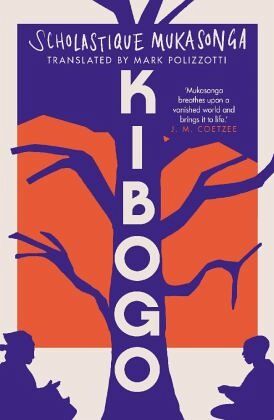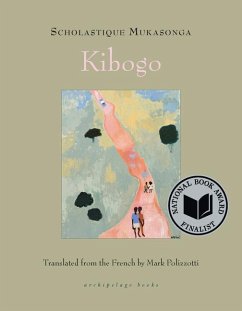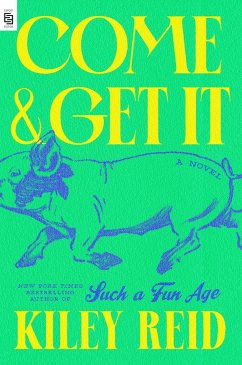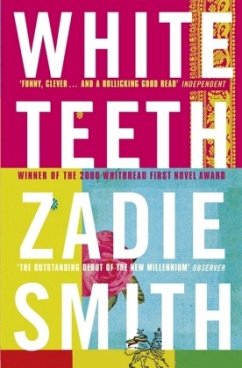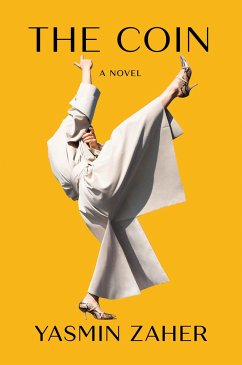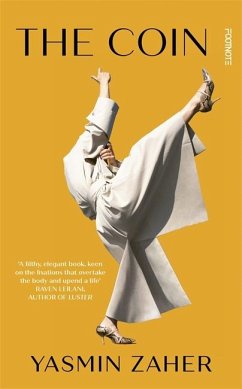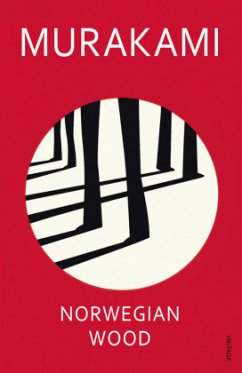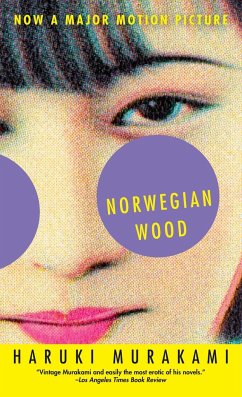Scholastique Mukasonga
Broschiertes Buch
Kibogo
Versandkostenfrei!
Sofort lieferbar
Weitere Ausgaben:

PAYBACK Punkte
4 °P sammeln!




When a rogue priest is defrocked for fusing the gospels with the martyrdom of Kibogo, a fierce clash of cults ensues. Mukasonga brings to life the vital mythologies that imbue the Rwandan spirit, recounting the clash between ancient Rwandan beliefs and the missionaries determined to replace them. A tale of disarming simplicity and profound universal truth.
Produktdetails
- Verlag: Daunt Books
- Seitenzahl: 155
- Erscheinungstermin: 5. Oktober 2023
- Englisch
- Abmessung: 194mm x 126mm x 12mm
- Gewicht: 198g
- ISBN-13: 9781914198588
- ISBN-10: 1914198581
- Artikelnr.: 67596314
Herstellerkennzeichnung
Libri GmbH
Europaallee 1
36244 Bad Hersfeld
gpsr@libri.de
"Official dogma is no match for the mercurial power of storytelling in Rwandan-French writer Scholastique Mukasonga s sly new novel Kibogo . . . Mischievous and satirical . . . The stories themselves are furtively retold and altered and added to across time, subsuming even their tellers as they demonstrate a life force and lifespan that mere mortals can t compete with."
--Sam Sacks, Wall Street Journal
"A searing tale of contending gods, religions, and economies in colonial Rwanda . . . As Mukasonga s story opens, a village subchief, bribed by a "Colonial" with a watch, a pair of sunglasses, a bottle of port wine, two jerry cans of gasoline, [and] a swath of fabric for his wife and daughters, rounds up the
--Sam Sacks, Wall Street Journal
"A searing tale of contending gods, religions, and economies in colonial Rwanda . . . As Mukasonga s story opens, a village subchief, bribed by a "Colonial" with a watch, a pair of sunglasses, a bottle of port wine, two jerry cans of gasoline, [and] a swath of fabric for his wife and daughters, rounds up the
Mehr anzeigen
children to serve in the war effort against Germany by harvesting anti-malarial flowers. Other agents of change follow . . . Drought ensues, and with it the people starve, and with that they recall the old ways . . . Pensive and lyrical; a closely observed story of cultures in collision."
Kirkus Reviews, Starred Review
"Complex and revelatory . . . Mukasonga complicates the blurry line between history and myth and critiques its relationship to colonialism. This speaks volumes to the power of storytelling."
--Publishers Weekly
"Kibogo is a rich novel about how real people and events are transformed into legends, and how those legends empower the marginalized."
--Eileen Gonzalez, Foreword Reviews
"Priests and village elders, small boys and wise women, saviors both earthly and heavenly, local chiefs and anthropologists populate this slim volume, drawing the reader into a world that is distant in both time and space, a world that is well worth visiting."
--Shara Kronmal, Chicago Review of Books
"A triumph . . . Biting and gloriously satirical, Mukasonga's novel shows how stories can wield a power that is greater than the sword, resisting ownership by any one person or power. It is a rich and hilarious work."
--Declan Fry, ABC News
"There may be a lot of tall tales in Kibogo, but there are others we know to be true: the exploitation of Rwanda by the white man during colonialism and beyond, and the battle between the white man s religion and Rwandan culture and beliefs. It is these truths that remain on our minds long after the fire dies down and the storytelling is done."
--Susi Wyss, Washington Independent Review of Books
"Powerful and playful . . . Seeded throughout with luminous poetic moments . . . Mukasonga adds a new layer to the canvas containing her vanished culture. Amid destruction there s confusion and manipulation, but there s also the power of myth and human resilience. With this book, Mukasonga looks into a very dark night and imagines distant stars containing beautiful possibilities."
--David Varno, Words Without Borders
Kirkus Reviews, Starred Review
"Complex and revelatory . . . Mukasonga complicates the blurry line between history and myth and critiques its relationship to colonialism. This speaks volumes to the power of storytelling."
--Publishers Weekly
"Kibogo is a rich novel about how real people and events are transformed into legends, and how those legends empower the marginalized."
--Eileen Gonzalez, Foreword Reviews
"Priests and village elders, small boys and wise women, saviors both earthly and heavenly, local chiefs and anthropologists populate this slim volume, drawing the reader into a world that is distant in both time and space, a world that is well worth visiting."
--Shara Kronmal, Chicago Review of Books
"A triumph . . . Biting and gloriously satirical, Mukasonga's novel shows how stories can wield a power that is greater than the sword, resisting ownership by any one person or power. It is a rich and hilarious work."
--Declan Fry, ABC News
"There may be a lot of tall tales in Kibogo, but there are others we know to be true: the exploitation of Rwanda by the white man during colonialism and beyond, and the battle between the white man s religion and Rwandan culture and beliefs. It is these truths that remain on our minds long after the fire dies down and the storytelling is done."
--Susi Wyss, Washington Independent Review of Books
"Powerful and playful . . . Seeded throughout with luminous poetic moments . . . Mukasonga adds a new layer to the canvas containing her vanished culture. Amid destruction there s confusion and manipulation, but there s also the power of myth and human resilience. With this book, Mukasonga looks into a very dark night and imagines distant stars containing beautiful possibilities."
--David Varno, Words Without Borders
Schließen
Für dieses Produkt wurde noch keine Bewertung abgegeben. Wir würden uns sehr freuen, wenn du die erste Bewertung schreibst!
Eine Bewertung schreiben
Eine Bewertung schreiben
Andere Kunden interessierten sich für



